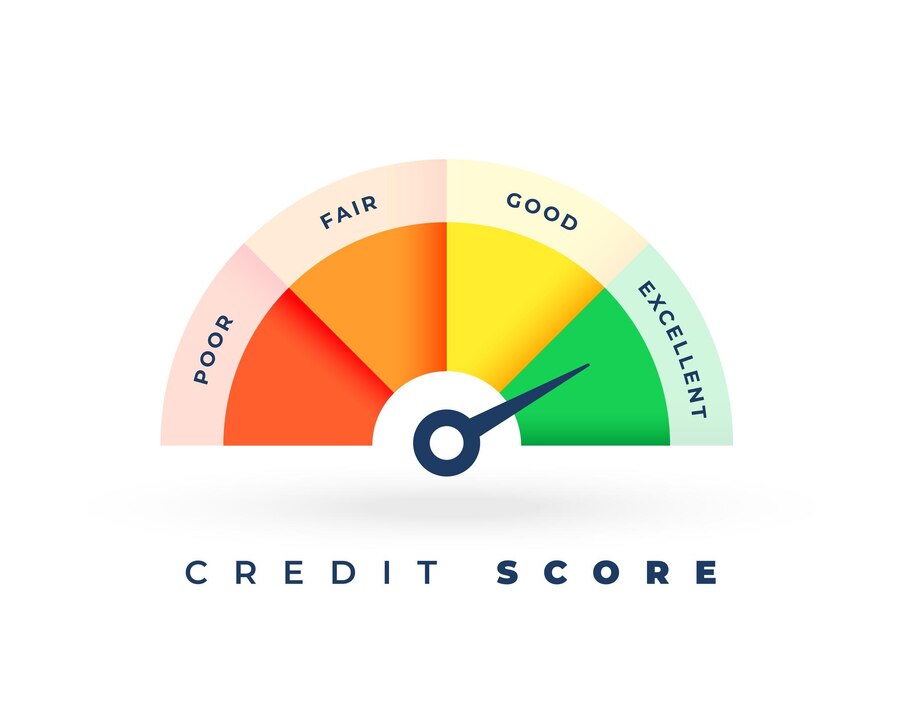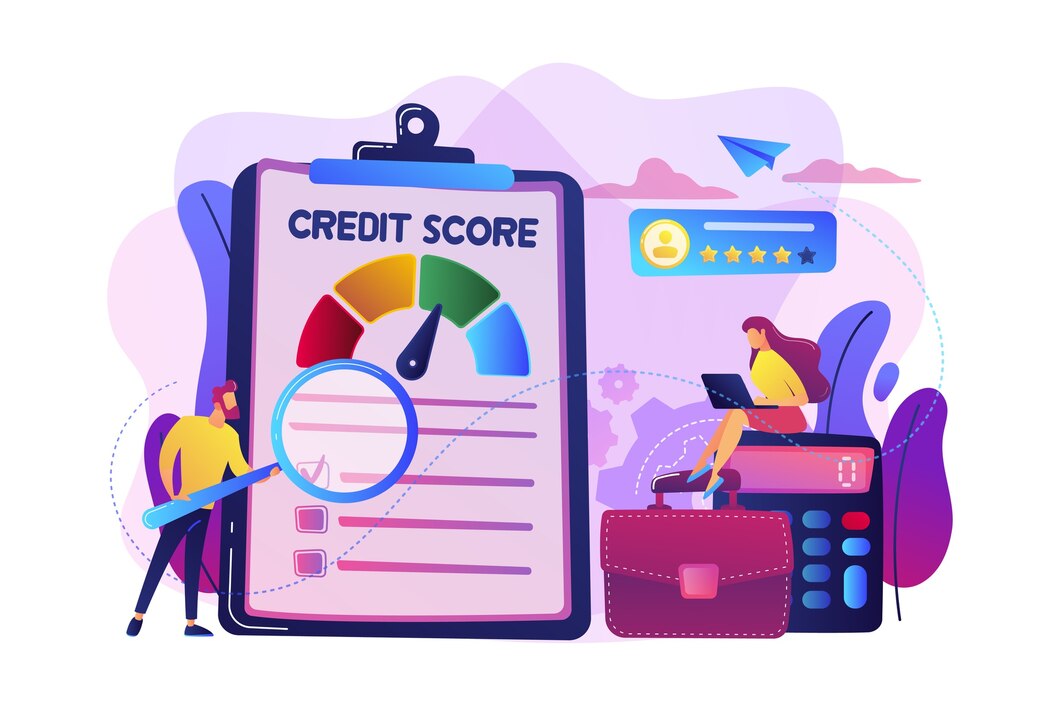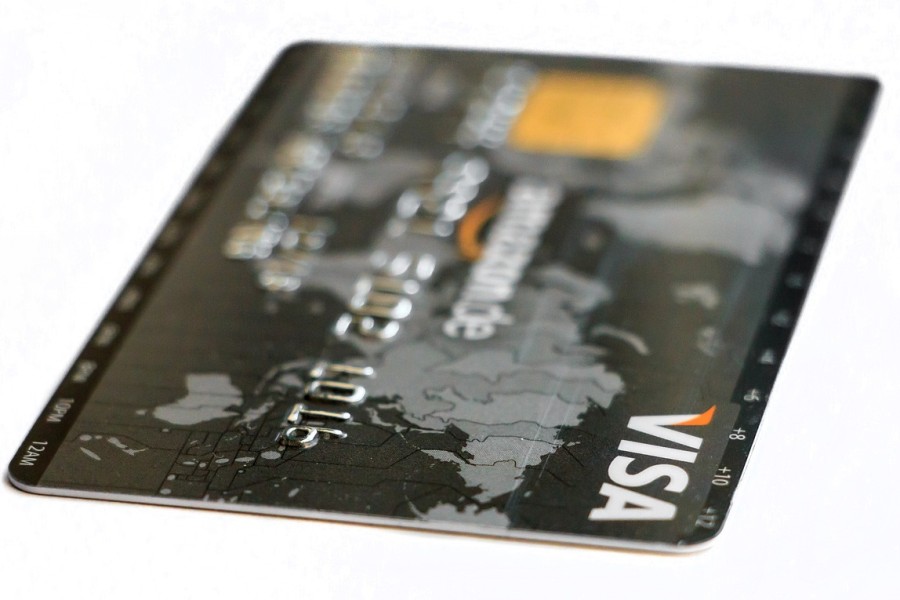Applying for a new credit card can be an exciting way to take advantage of rewards, build your credit, or manage your finances more effectively. However, it’s important to understand how getting a new credit card can impact your credit score. The effects can be both positive and negative, depending on how you manage the new account. Here’s a detailed look at how a new credit card affects your credit score.
How to get the best credit card? Simply get the Airtel Axis Bank Credit Card from Airtel Finance to maximise your savings! Enjoy features such as low joining fees, low interest rates, relaxed eligibility criteria and much more. Apply from the Airtel Thanks app today!
The Immediate Impact: Hard Inquiry
When you apply for a new credit card, the issuer will perform a hard inquiry (or hard pull) on your credit report to assess your creditworthiness. A hard inquiry typically causes a slight, temporary dip in your credit score, usually by a few points. Multiple hard inquiries in a short period can have a more significant impact, as it may suggest to lenders that you are in financial distress or planning to take on substantial debt.
Read more: 5 ways to make the most of your credit card
Changes in Credit Utilisation
One of the primary factors influencing your credit score is your credit utilisation ratio, which is the amount of credit you’re using relative to your total available credit. When you get a new credit card, your total available credit increases. If you don’t increase your overall spending, your credit utilisation ratio will decrease, which can positively impact your credit score.
For example, if you have a total credit limit of ₹5,000 and you’re using ₹2,500, your credit utilisation ratio is 50%. If you get a new credit card with a ₹5,000 limit and maintain the same ₹2,500 balance, your total available credit increases to ₹10,000, and your utilisation ratio drops to 25%, potentially boosting your credit score.
Impact on Credit History Length
The length of your credit history is another important factor in your credit score. When you open a new credit card, it can lower the average age of your accounts, which may negatively impact your score, especially if you have a relatively short credit history. However, this impact is usually minimal in the long term, and maintaining the new account responsibly can offset the initial dip over time.
Adding to Your Credit Mix
Credit scoring models favour a diverse mix of credit types, such as credit cards, instalment loans, and mortgages. Adding a new credit card can improve your credit mix, especially if you have a limited variety of credit accounts. A more diverse credit profile can positively influence your credit score, showing lenders that you can manage different types of credit responsibly.
Read more: Features and benefits of Axis Bank Credit Cards

The Importance of Payment History
Your payment history is the most significant factor in your credit score, accounting for about 35% of your FICO score. Opening a new credit card provides an additional opportunity to build a positive payment history. Making timely payments on your new credit card can strengthen your credit profile and positively impact your credit score over time. Conversely, missing payments or making late payments on your new card can have a detrimental effect on your score.
Managing Multiple Accounts
While having multiple credit accounts can benefit your credit mix and utilisation ratio, it’s essential to manage them carefully. Keeping track of multiple payment due dates and balances can be challenging, and missing a payment on any account can harm your credit score. Set up automatic payments or reminders to ensure you never miss a payment and maintain good standing on all your credit accounts.
Read more: How to avoid interest charges on a credit card?
FAQs
Q: How many points will my credit score drop when I apply for a new credit card?
A: The impact of a hard inquiry from a new credit card application is typically small, often resulting in a drop of around 5-10 points. This decrease is usually temporary, and your score can recover within a few months, provided there are no other negative factors.
Q: Will my credit score go up if I get approved for a new credit card?
A: Getting approved for a new credit card can positively affect your credit score in several ways, such as increasing your total available credit and improving your credit utilisation ratio. However, the initial hard inquiry and the potential decrease in the average age of your accounts might cause a slight dip initially.
Q: Is it bad to apply for multiple credit cards at once?
A: Applying for multiple credit cards in a short period can lead to several hard inquiries on your credit report, which can lower your credit score. It may also signal to lenders that you are seeking to take on significant debt, which can be seen as a risk factor. It’s generally better to space out credit card applications.
Q: How long does a new credit card account stay on my credit report?
A: A new credit card account will remain on your credit report for as long as it is open and active. If the account is closed, it will stay on your report for up to 10 years if it was in good standing, and for up to 7 years if it had negative information.
Getting a new credit card can have both positive and negative effects on your credit score. While the initial hard inquiry and potential decrease in the average age of your accounts can cause a slight dip, the benefits of increased available credit, improved credit utilisation, and the opportunity to build a positive payment history can outweigh the negatives in the long run.


 Get App
Get App  Airtel Store
Airtel Store  Login
Login 


